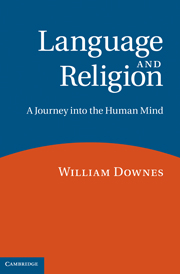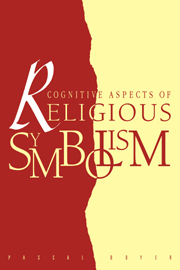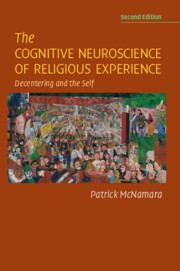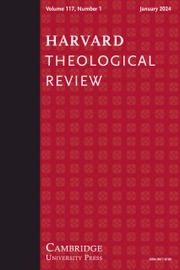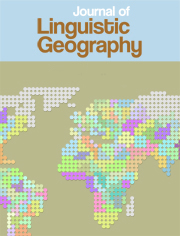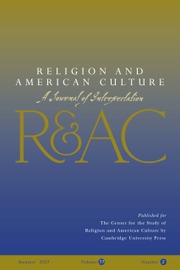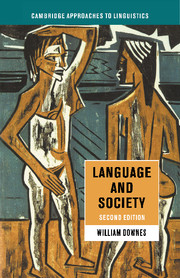Language and Religion
Language and Religion offers an innovative theory of religion as a class of cultural representations, dependent on language to unify diverse capacities of the human mind. It argues that religion is widespread because it is implicit in the way the mind processes the world, as it determines what we ought to do, practically and morally, to achieve our goals. Focusing on the world religions, the book relates modern cognitive theories of language and communication to culture and its dissemination. It explains basic features of religion such as the supernatural, the normative, abstract and ideal theological concepts such as ‘God', and religious feeling. It develops a linguistic theory, based on how utterances are understood, of metaphysical and moral ‘mysteries' and their key role in thought and action. It shows how such concepts gain strength in the light of their successful use, and when tempered by criticism, can also have genuine authority.
- Develops a new theory of religion which provides new insights into the subject
- Offers a new perspective on language and cognition from the viewpoint of linguistics, as opposed to anthropology and religious studies
- Explains the basic features of religion such as the supernatural, the normative and the abstract
Reviews & endorsements
'A rich, dense and engaging application of linguistic theory to the problem of religious concepts, ways of thinking, and experience.' Nigel Fabb, University of Strathclyde
'… of interest to scholars of the philosophy of language or religion, cognitive psychologists, and linguists specializing in religion.' Abby Forster, eLanguage
Product details
December 2010Hardback
9780521792233
288 pages
234 × 159 × 18 mm
0.59kg
Available
Table of Contents
- Introduction
- 1. A cognitive theory of religion
- 2. The supernatural and the uses of the intentional
- 3. Dissemination and the comprehension of mysteries
- 4. Pragmatics and pragmatism
- 5. Authority
- 6. Conceptual innovation and revelatory language.

